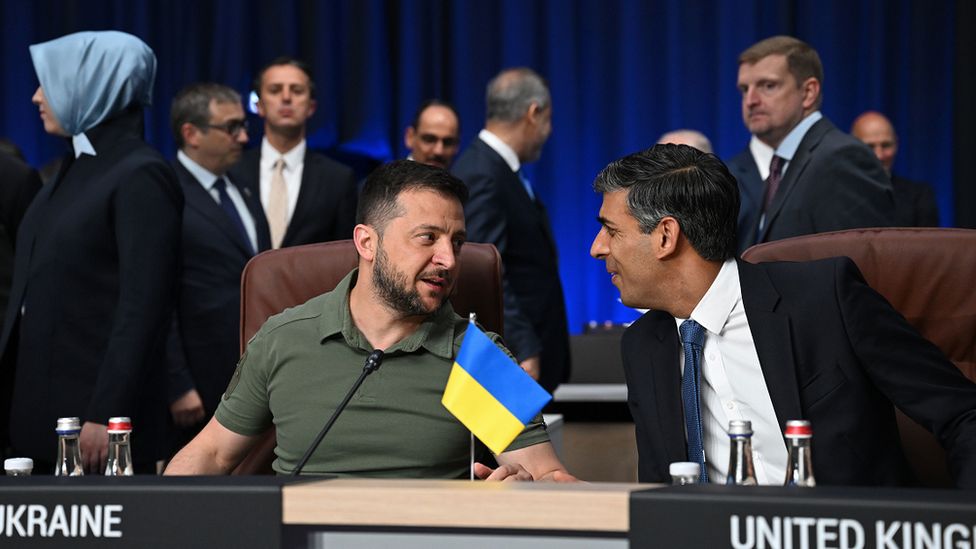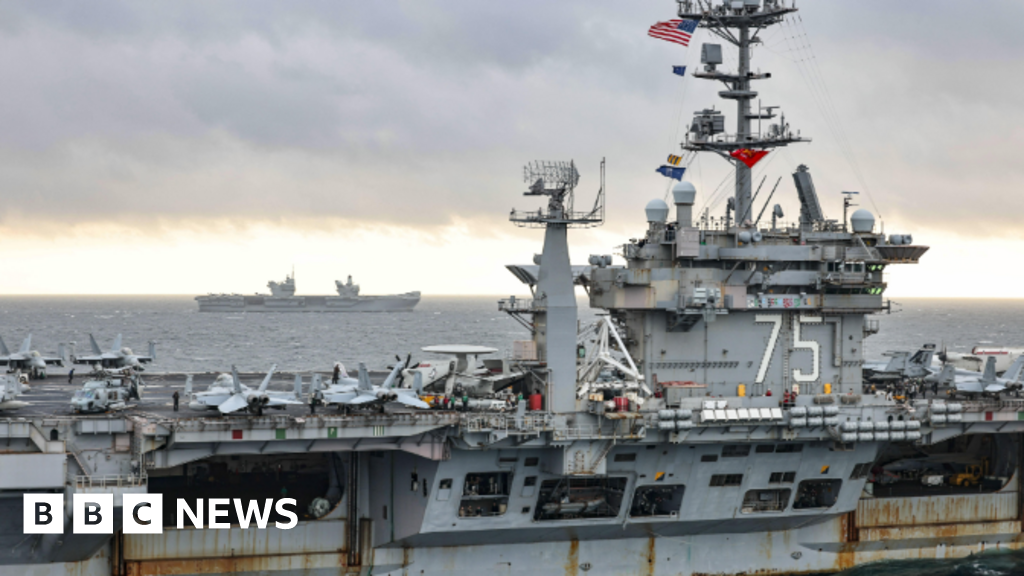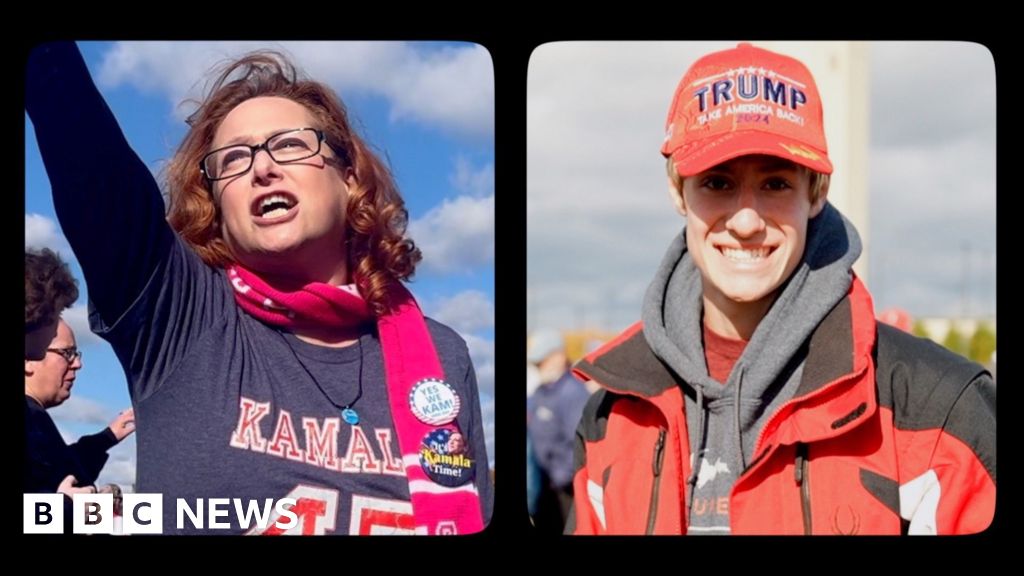ARTICLE AD BOX
 Image source, PA Media
Image source, PA Media
UK Prime Minister Rishi Sunak has said Ukraine belongs in Nato
By James Landale, Diplomatic Correspondent
BBC News, Vilnius
Volodymyr Zelensky may or may not be a Rolling Stones fan - but after this Nato summit, he is probably familiar with their song entitled You Can't Always Get What You Want.
Ukraine's president came to Vilnius, Lithuania, with high expectations.
He was looking for an assurance that his country would join Nato after the war with Russia was over. He wanted membership of the world's most powerful military alliance to be a beacon of hope for his people, the ultimate peace dividend that could ensure that never again would Russian troops despoil the Ukrainian homeland.
Instead, Mr Zelensky was simply told Ukraine would be invited to become a member "when allies agree and conditions are met". So far, so noncommittal.
Not surprisingly Ukraine's president hit the roof, saying it was "absurd" for Nato leaders not to give even so much as a timetable. The conditions, he said, were "vague".
And he was furious at the idea that somehow Ukraine's membership of Nato would somehow be a bargaining chip for post-war negotiations with Russia.
But once President Zelensky met Nato leaders face-to-face, the diplomatic dust settled. They fell over themselves on Wednesday to assure him that things had changed, that Ukraine would join Nato.
UK's Prime Minister Rishi Sunak said the country belonged in the alliance. Nato Secretary-General Jens Stoltenberg said they met as equals on Wednesday, but would do so as allies in the future. And President Joe Biden - who had done so much to limit what Nato said officially about potential membership - told Mr Zelensky that it was going to happen. Ukraine, he said, was moving in the right direction.
UK Defence Secretary Ben Wallace said the summit showed there was now a cultural acceptance that Ukraine belonged in Nato. He said that there were no longer any countries asking "if" Ukraine should join, only "when".
That is a lot of warm words for Mr Zelensky to take home to Kyiv in his summit goodie bag.
Added to that are several other tangible gains: a promise that the process of applying to join Nato will be curtailed, the creation of a new Nato-Ukraine Council which Kyiv can use to summon meetings of the alliance, and, perhaps most significantly, the promise of new, long-term security guarantees made by some of the world's biggest powers.
G7 leaders said they would agree a package of new bilateral assurances of military and economic support for Ukraine, to deter Russian aggression before it joins Nato. That will include more air defences, long-range missiles and even warplanes, as well as more training, intelligence sharing and help with cyber technology. Mr Zelensky called this "a significant security victory".
The one discordant note came from Ben Wallace, who gave a briefing to reporters warning Ukraine it should show more gratitude for the support it has already given.
This was not a fit of undiplomatic pique, but rather candid advice from a supportive ally. He was saying that Ukraine should do more to understand better the political pressures constraining countries giving them military aid, especially the United States. Turning up in Washington with a shopping list of weapons, treating the US like a branch of Amazon, was, he said, inevitably going to cause a few "grumbles".
Not surprisingly this caused a bit of stir in Vilnius.
The remarks were certainly undiplomatic at a summit designed to demonstrate Nato unity. Rishi Sunak had to disown them publicly, insisting Ukraine had always been grateful. And when Mr Zelensky was asked about the remarks at his own press conference, he looked puzzled and asked his own defence secretary - sitting the stalls - to ring Mr Wallace to find out what he meant.
All this will prompt some headlines that Nato - and the British government - might regret.
But perhaps Mr Wallace has unwittingly shone a spotlight on an interesting moment in this war.
For almost a year-and-a-half, Ukraine's demands have been heard and largely acted upon in western capitals. Kyiv has always been unsatisfied, it has always asked for more, and eventually the west has delivered - from shoulder mounted missiles, to armoured vehicles, to main battle tanks, and now even to cluster munitions.
Yet in Vilnius, no meant no. Nato - led by the United States - did not give in to Ukraine's demands and chose strategic caution over an automatic fast-track to membership of the alliance.
So for President Zelensky, perhaps a diplomatic reality check, that domestic political pressures are beginning to bite in the West and that will shape the global political environment in which he must now operate. A lesson that you can't always get what you want.

 1 year ago
20
1 year ago
20








 English (US)
English (US)